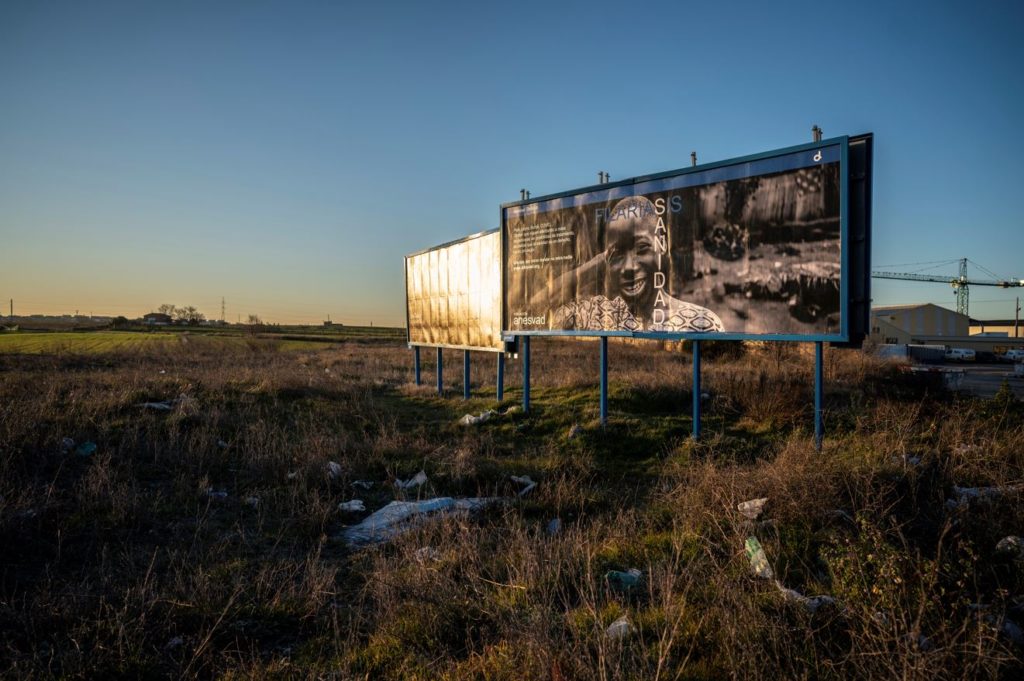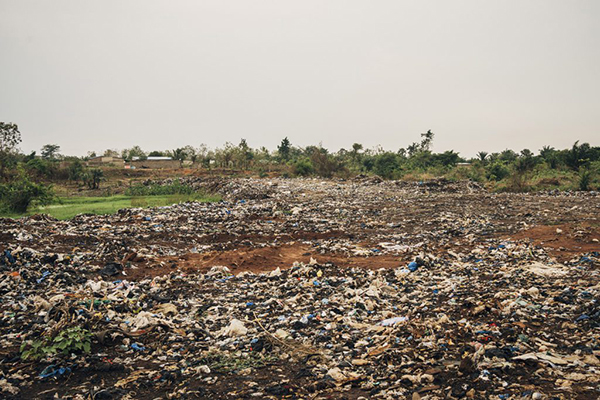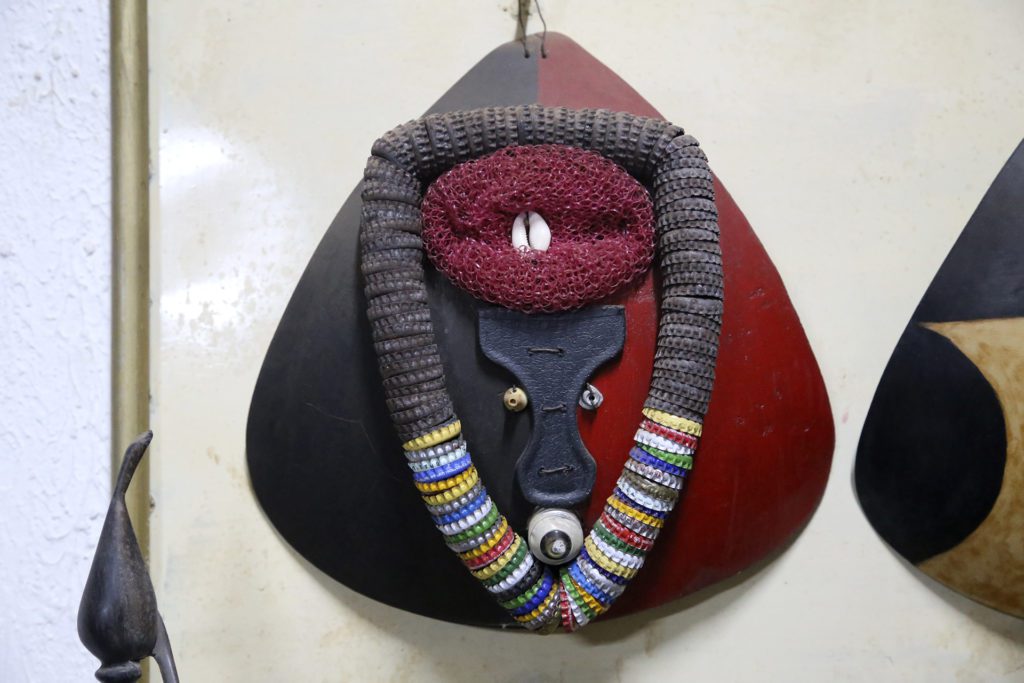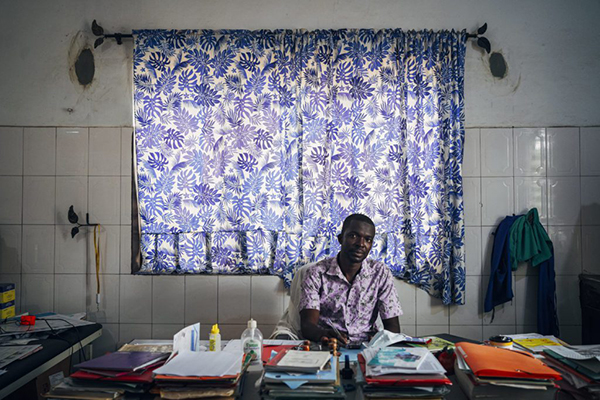Through (IN)VISIBLES, we invite you to participate by creating awareness about Neglected Healthcare; the sort that isn’t reported in the news bulletins, but that conditions the wellbeing of millions of people around the world.
Forgotten people who suffer neglected diseases. This is the focus of our work in sub-Saharan Africa, and we want to transpose this reality into our own context. In order to empathize with them, we know the importance of being able to rely on adequate medical care. We have witnessed saturated services, the collapse of intensive-care, and the impotence of not being able to attend to everyone in due time and manner.
This reality is an everyday reality in many places around the world; a harsh, precarious, and above-all invisible reality. In order to shine a light on what the pandemic has hidden, we have created (IN)VISIBLES, a space to participate where you can contribute by telling a personal story that you have experienced first-hand. It is a way of underlining the importance of something as elementary as access to quality healthcare systems.
(IN)VISIBLES: tell your story to reveal a forgotten reality
Through our (IN)VISIBLES platform, we invite you to create photographic stories that show the forgotten reality of this healthcare crisis. In order to create your photographic story we propose the following: find people and stories that show resistance to the pandemic. Realities that have been hidden because no one has looked and that are now open to being shared with the world. Look where no one is looking.
For this purpose, we provide you with all the tools so that you can tell your great story. It is summarized in 4 words: Discover, Portray, Tell, Share.
We provide you with a set of step-by-step guides that you will find useful and easy to apply. We will ask you to send in your photograph and the story so that we can share it on our Instagram feed, and thereby shine a light on these people and their stories of resistance. And of course we encourage you to share it and disseminate it with your contacts; the greater the numbers, the more stories we will be able to put out there.






